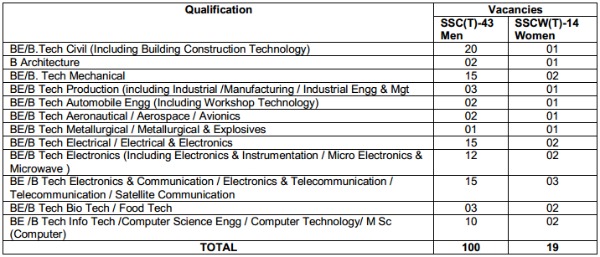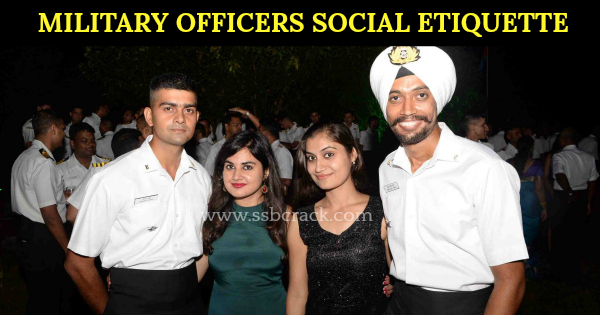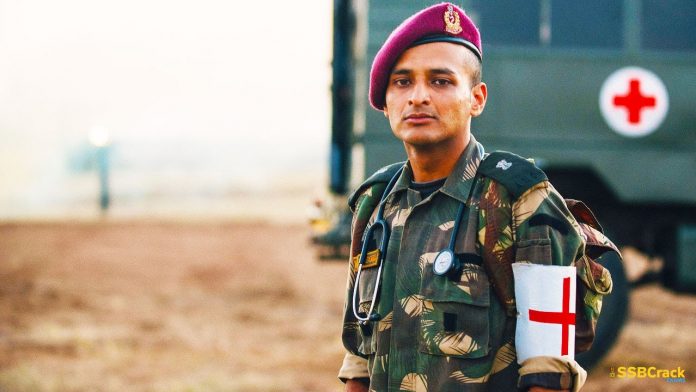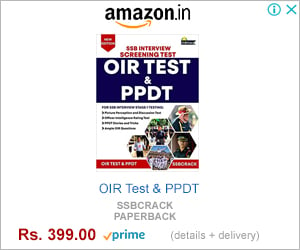And then Gandhi came. He was like a powerful current of fresh air that made us stretch ourselves and take deep breaths, like a beam of light that pierced the darkness and removed the scales from our eyes, like a whirlwind that upset many things but most of all the working of people’s minds. He did not descend from the top; he seemed to emerge from the millions of India, speaking their language and incessantly drawing attention to them and their appalling condition. Get off the backs of these peasants and workers, he told us, all of you who live by their exploitation; get rid of the system that produces this poverty and misery.
Q1. Gandhi came like a powerful current of fresh air and —
(a) awakened us to the plight of the masses in the grip of oppressors
(b) made us patriotic
(c) emboldened us to attack and destroy the oppressors
(d) praised our culture
Q2. The rise of Gandhi–
(a) shocked people (b) made India powerful
(c) made the condemnation of the exploiter final (d) made women feel secure
Q3. Gandhi fought the–
(a) rich (b) oppressor (c) apathetic masses (d) unjust system
Q4. The conspicuous role of Gandhi is that of a–
(a) father (b) reformer (c) teacher (d) liberator
Q5-10. Select the most appropriate word from the options against each number :-
Those living in the slums are 5 and tough because they are totally 6 to the vagaries and
hardships of life. The rising sun 7 the day and the setting sun closes the day for them. It is like
a drama where the curtain 8 up in the morning and comes down in the evening. They don’t 9
hypertension and heart attacks because there is, after all 10 to worry about.
Q5. (a) Poor (b) Sick (c) Hardy (d) Weak
Q6. (a) Dependent (b) Independent (c) Exposed (d) Tried
Q7. (a) Heralds (b) Herald (c) Bring (d) Brings
Q8. (a) Hangs (b) Hand (c) Goes (d) Shines
Q9. (a) Know (b) Get (c) Think (d) Have
Q10. (a) Everything (b) Something (c) Somewhere (d) Nothing
Q11-12. Choose the word which is nearest in meaning to the given word :-
Q11. ‘TRANSGRESSOR’
(a) Passenger (b) Law-breaker (c) Protector (d) Comrade
Q12. ‘EGREGIOUS’
(a) Common (b) Social (c) Plain (d) Atrocious
Q13-15. Choose the word which is nearly opposite in meaning to the given word:-
Q13. ‘PREDILECTION’
(a) Oblivion (b) Objectivity (c) Aversion (d) Defeat
Q14. ‘CACOPHONOUS’
(a) Tamed (b) Harmonious (c) Domestic (d) Silent
Q15. ‘CALUMNY’
(a) Apology (b) Eulogy (c) Enjoyment (d) Reservation
Q16-20. Choose the word that best defines the given phrase:-
Q16. ‘Able to use both hands alike’
(a) Dexterous (b) Ambidextrous (c) Skilful (d) Expert
Q17. ‘A written account of the life of an individual’
(a) Autobiography (b) Epigraph (c) Biography (d) Novel
Q18. ‘The identification of a disease by its symptoms’
(a) Prescription (b) Prognosis (c) Diagnosis (d) Biopsy
Q19. ‘Prolonged inability to sleep’
(a) Amnesia (b) Utopia (c) Nausea (d) Insomnia
Q20. ‘A style in which a writer makes a display of his knowledge’
(a) Verbose (b) Pedantic (c) Ornate (d) Pompous
Q21-25. Choose the correctly spelt word:-
Q21. The school alumni gathering put us in a ______ mood.
(a) Remniscent (b) Reminisent (c) Reminiscent (d) Reminicent
Q22. ‘God is Dead’ is a ___________ statement.
(a) Blasphemus (b) Blaphemous (c) Blasphemous (d) Blosphemos
Q23. The threat of an epidemic caused great alarm and _______.
(a) Trepidation (b) Terpidation (c) Trepidition (d) Trepidattion
Q24. The din caused by the children howling is enough to ____ the dead.
(a) Ressurect (b) Resurrect (c) Resurect (d) Resurecct
Q25. Can you ___ the car into that parking spot?
(a) Manuer (b) Manever (c) Manoeuvre (d) Manuver
Q26-47. Choose most appropriate answer
Q26. Who was the Governor-General of India during the ‘Sepoy Mutiny’?
(a) Lord Dalhousie (b) Lord Harding (c) Lord Canning (d) Lord Lytton.
Q27. Which of the following statements is incorrect?
(a) Goa attained full statehood in 1987
(b) Diu is an island in the Gulf of Khambhat
(c) Daman & Diu were separated from Goa by the 56th
of India
(d) Dadar & Nagar Haveli were under French colonial rule till 1954.
Q28. On which river is Washington DC situated?
(a) Potomac (b) Irrawaddy (c) Mississippi (d) Hudson
Q29. When body is accelerated–
(a) Its velocity never changes (b) Its speed will always changes
(c) Its direction always changes (d) Its speed may or may not change
Q30. Which of the following is not an agency of UN?
(a) World Bank (b) International Atomic Energy Agency
(c) Universal Postal Union (d) None of the above
Q31. Which kind of missile is BRAHMOS?
(a) Medium range ballistic missile (b) Supersonic cruise missile
(c) Short range tactical missile (d) Ultrasonic cruise missile
Q32. Which of the following is not a unit of energy?
(a) Calorie (b) Joule (c) electron volt (d) Watt
Q33. Who among the following has been called the ‘Napoleon of India’?
(a) Ashoka (b) Samudragupta (c) Chandragupta (d) Harshavardhana
Q34. Who is known as the ‘Grand Old Man of India’?
(a) Dadabhai Naoroji (b) Gopal Krishna Gokhale
(c) Bal Gangadhar Tilak (d) A.O. Hume
Q35. Which amongst the following has the power to regulate the right of citizenship in India?
(a) Union Cabinet (b) Parliament
(c) Supreme Court (d) Law Commission
Q36. The Baglihar Hydroelectric power project in J & K is built across the river.–.
(a) Beas (b) Chenab (c) Jhelum (d) Sutlej
Q37. Which Indian sportsperson was appointed as ‘Messenger of Peace’ in 2001 by the UN?
(a) Prakash Padukone (b) Vishwanathan Anand
(c) Sachin Tendulkar (d) Vijay Amritraj
Q38. Indian Women’s hockey team secured which of the following position in Asian Champions
Trophy 2013?
(a) First (b) Second (c) Third (d) Fourth
Q39. Which is the longest bone in the human body?
(a) Fibula (b) Radius (c) Stapes (d) Femur
Q40. A US team of scientists has found that the mechanism responsible for the ageing process
is located —
(a) Inside the face (b) Inside the skin
(c) Inside the brain (d) Inside the heart
Q41. The outer most layer of the Sun is known as—
(a) Corona (b) Photosphere (c) Chromosphere (d) Granule
Q42. Indian Institute of Science, Bangalore was founded by—
(a) CV Raman (b) Jamsetji Tata
(c) Vikram Sarabhai (d) None of the above
Q43. Which among the following is not a gallantry medal?
(a) Ashok Chakra (b) Arjuna Award (c) Param Vir Chakra (d) Shaurya Chakra
Q44. Which one of the following pairs of water bodies are connected by the Suez Canal?
(a) Indian Ocean- Pacific Ocean (b) Mediterranean sea- Black Sea
(c) Mediterranean Sea-Red Sea (d) Atlantic Ocean- Pacific Ocean
Q45. Kalhana’s ‘Rajatarangini’ is a history of–
(a) Kashmir (b) Harsha’s reign
(c) Rajasthan (d) Chandragupta’s reign
Q46. The Constitution of India was promulgated on January 26, 1950 because–
(a) This day was being celebrated as the Independence Day since 1929
(b) This was desired by the farmers of India
(c) The British did not want to leave India earlier than this date
(d) It was an auspicious day
Q47. Which of the following is not correctly matched?
(a) Indonesia – Jakarta (b) Maldives – Male
(c) North Korea – Seoul (d) Zimbabwe – Hararea

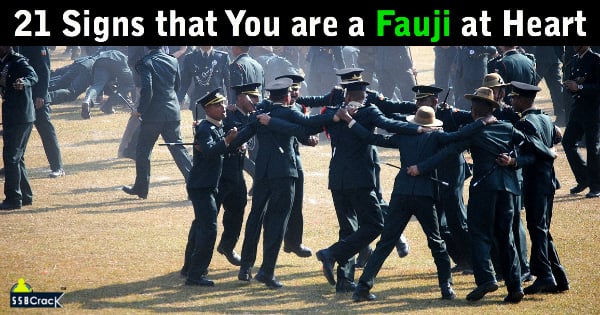
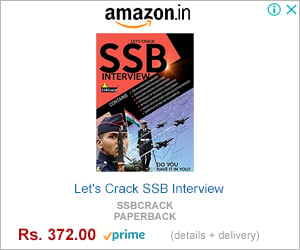

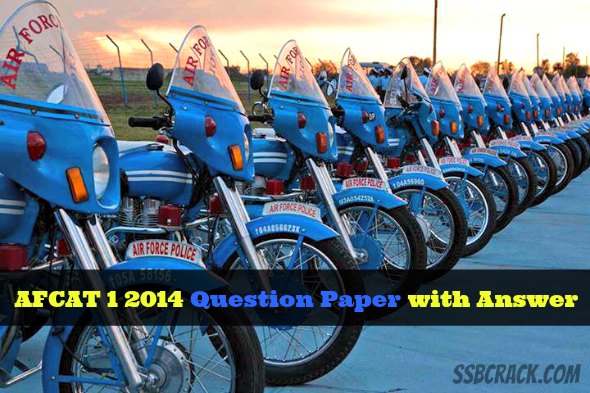
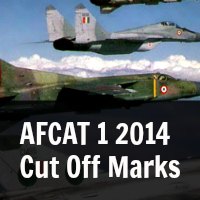

.png) About SSBCrack Editorial Team
About SSBCrack Editorial Team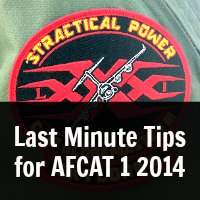

 Tashi Mishra, Editorial Team
Tashi Mishra, Editorial Team

 About Author: Yusuf Hassan
About Author: Yusuf Hassan
